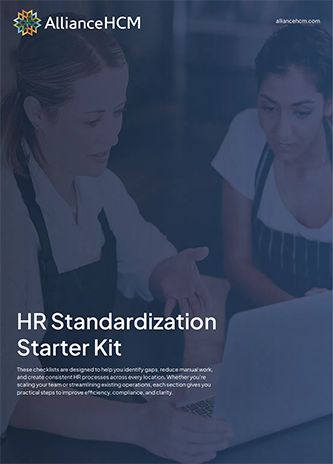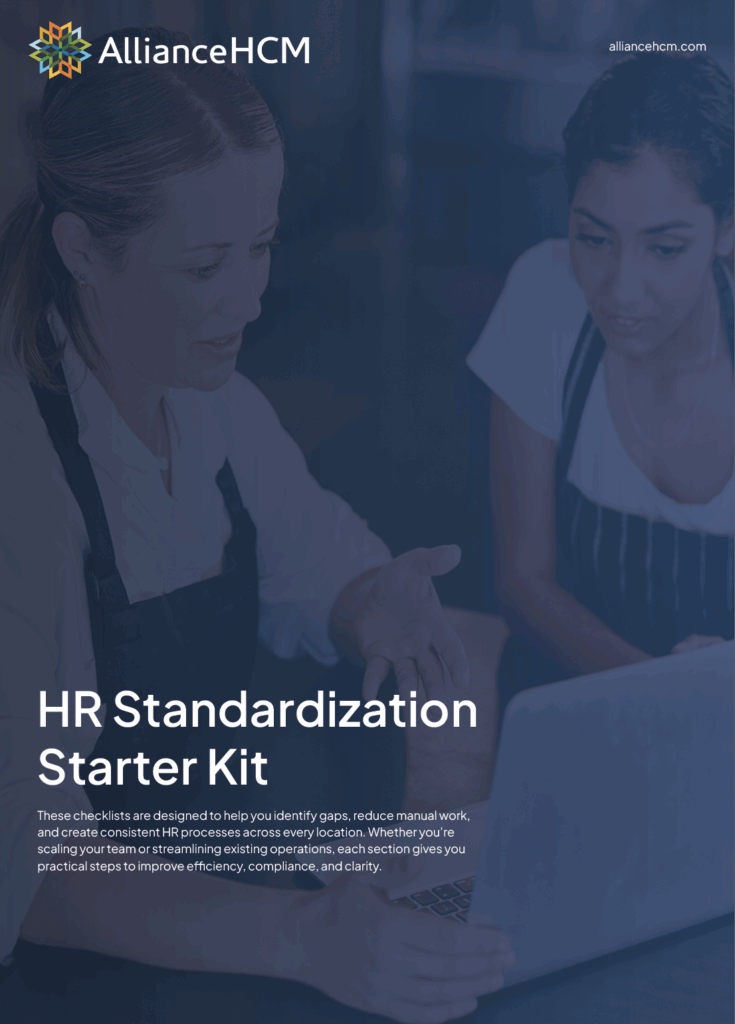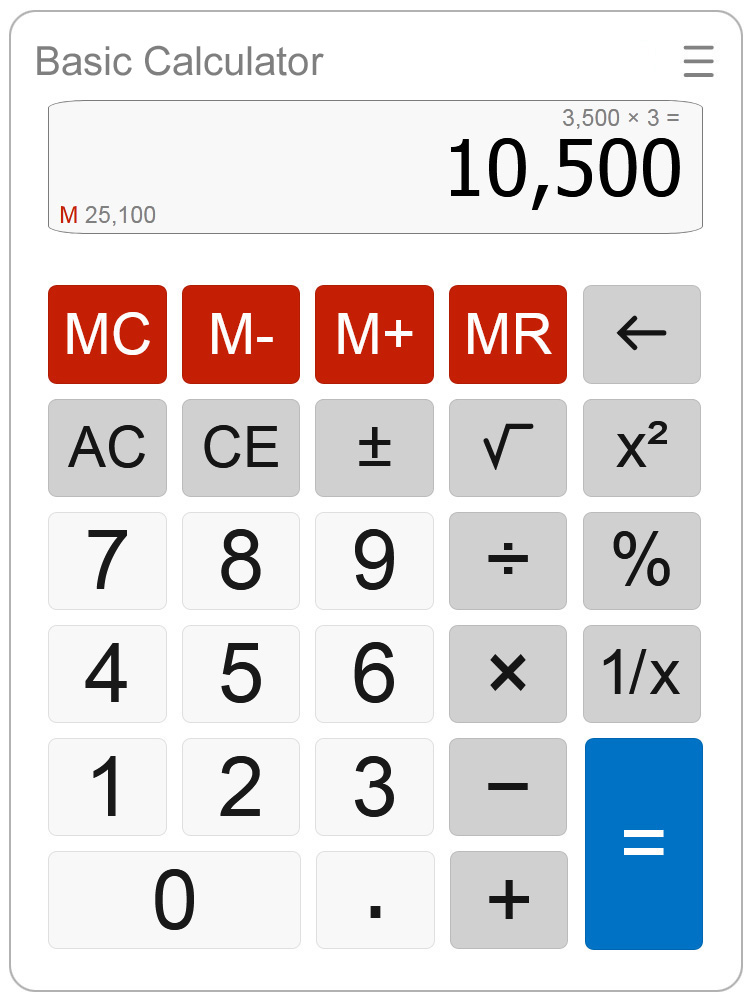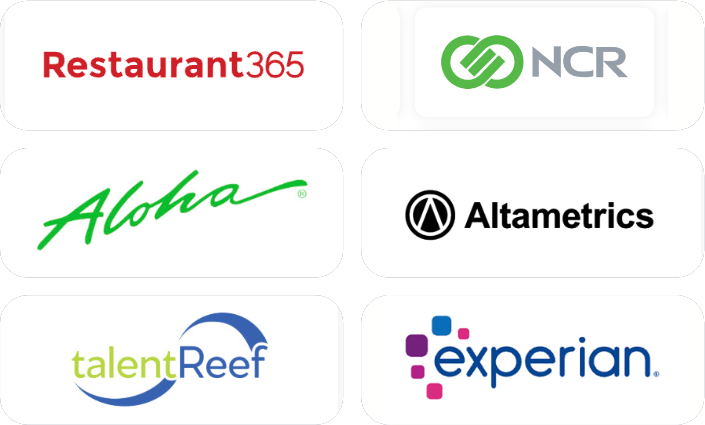Monitoring key performance indicators (KPIs) in human resources is essential for steering your organization towards success.
These HR KPIs serve as a compass, guiding you toward efficiency, productivity, and employee satisfaction. More than just numbers, HR department KPIs provide invaluable data-driven insights into your workforce’s heartbeat and the effectiveness of your HR strategies.
What is the difference between HR metrics and HR KPIs?
Although “HR metrics” and “HR KPIs” are frequently used interchangeably in human resources, they have distinct meanings and serve different purposes. HR metrics offer data on a range of HR initiatives. Still, HR department KPIs truly measure the impact and effectiveness of these activities in alignment with your organization’s goals.
Top 10 HR KPIs
Every business is different and will need to track specific KPIs for HR. To find the best HR KPIs for your organization, you can incorporate the principles of S.M.A.R.T. (Specific, Measurable, Achievable, Relevant, and Time-bound) goals and Objectives and Key Results (OKR). If you’re unsure of where to start, these are the top 10 HR KPIs to monitor:
1. Employee turnover rate
The employee turnover rate is a key indicator of workplace health. It’s important to track the number of employees leaving and understand the underlying reasons behind their departure.
High turnover can be a red flag for problems in company culture, management, or job satisfaction. Monitoring this HR KPI enables businesses to identify areas of improvement and take action to enhance employee retention.
2. Employee Net Promoter Score (ENPS):
The Employee Net Promoter Score (ENPS) is a valuable KPI for HR that gauges the loyalty and satisfaction of your employees. It indicates their willingness to advocate for your organization as an exceptional workplace, making it a potent tool for enhancing employer branding.
3. Time to fill open positions
The efficiency of your recruitment process is directly measured by the “Time to Fill” HR KPI. A shorter duration indicates a well-organized and efficient hiring process. At the same time, a longer time may suggest issues in sourcing or selection that must be addressed. Regularly monitoring this KPI for HR will help your organization stay nimble in attracting and acquiring top talent.
4. Training and development investment
Investing in training and development drives your employees’ growth and your company’s future success. Keeping track of this KPI for HR provides valuable insights into the amount invested in improving employee skills and knowledge, ultimately impacting productivity and innovation.
5. Internal promotion rate
The internal promotion rate is a helpful HR department KPI to assess the growth opportunities you provide for your team. By comparing the number of promoted employees to the total number of employees, you can gauge whether your organization offers sufficient advancement prospects.
Regularly promoting internal team members strengthens employer-employee relationships and satisfies their desire for increased work responsibilities, titles, and compensation.

6. Employee satisfaction and engagement
Employee satisfaction KPIs for HR, often gathered through surveys and feedback tools, provide invaluable insights into your organization’s morale and engagement levels. Satisfied employees are more productive and loyal and are advocates of your workplace culture.
7. Absenteeism rate
Frequent absenteeism can signal potential problems like job dissatisfaction, burnout, or health issues. By monitoring this HR KPI, you can gain valuable insights into the root causes of unplanned absences and take appropriate action to address them.
8. Cost Per Hire
To effectively manage your recruitment strategies, it is important to clearly understand the expenses associated with each hire.
By considering costs such as advertising, recruiter fees, and onboarding expenses as HR KPIs, you can accurately budget and evaluate the efficiency of your hiring processes.
9. Diversity and inclusion
Diversity and inclusion are not just moral imperatives but also strategic business approaches. By measuring these HR KPIs, you can effectively assess the impact of your diversity policies and practices. This assessment will greatly enhance innovation, employee satisfaction, and the overall image of your brand.
10. Employee productivity rate
You calculate this HR KPI by dividing the company revenue by the number of employees. This will give you an idea of how much each employee contributes to your return on investment. If you want, you can dig deeper into individual accomplishments.
Monitoring each employee’s productivity rate can provide valuable insights into their direct impact. Considering the hours worked by employees can help determine the actual value of their labor.
Find a hassle-free HR solution
HR KPIs go beyond benchmarks; they are valuable tools for making strategic decisions and driving organizational growth.
By keeping a close eye on these KPIs for HR, employers can gain a deeper understanding of their workforce, pinpoint areas for improvement, and make informed decisions that result in a more engaged, productive, and satisfied team. With AllianceHCM, HR managers can monitor HR success with ease.





